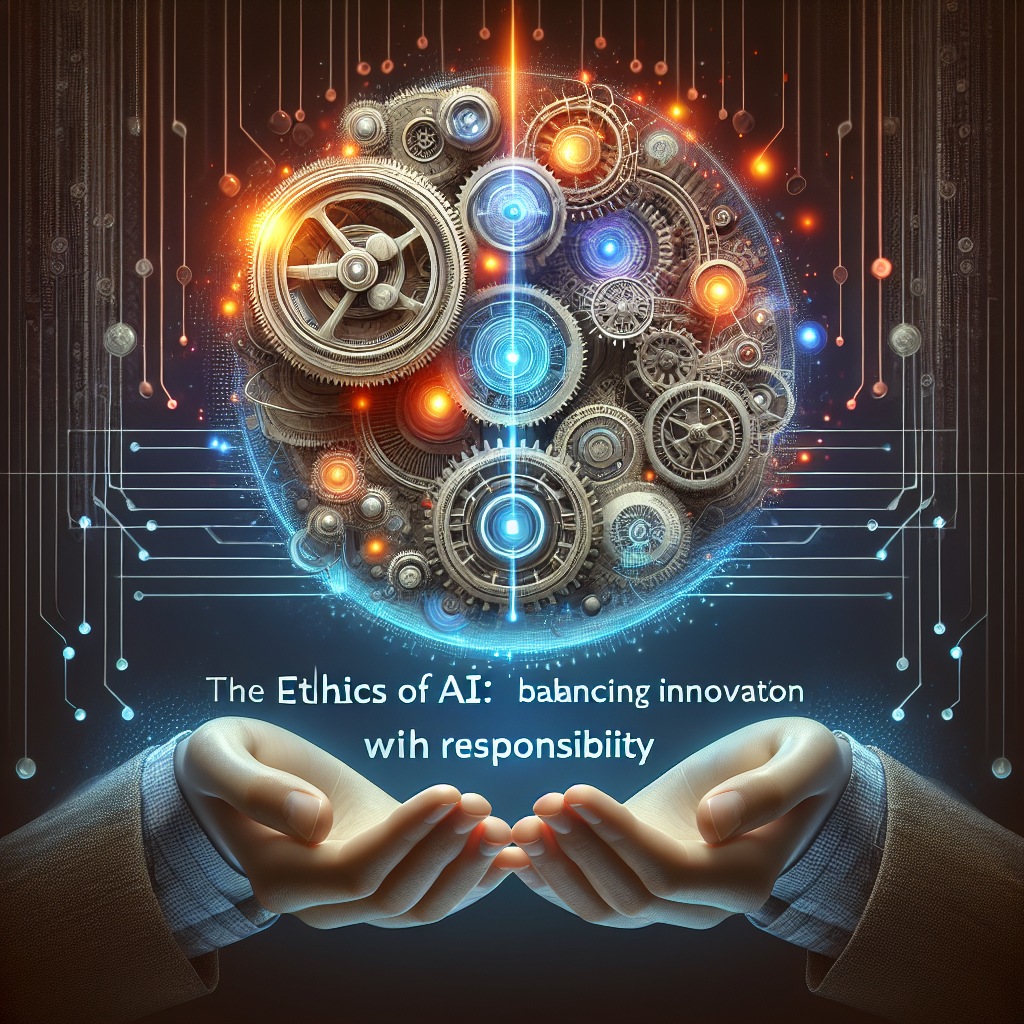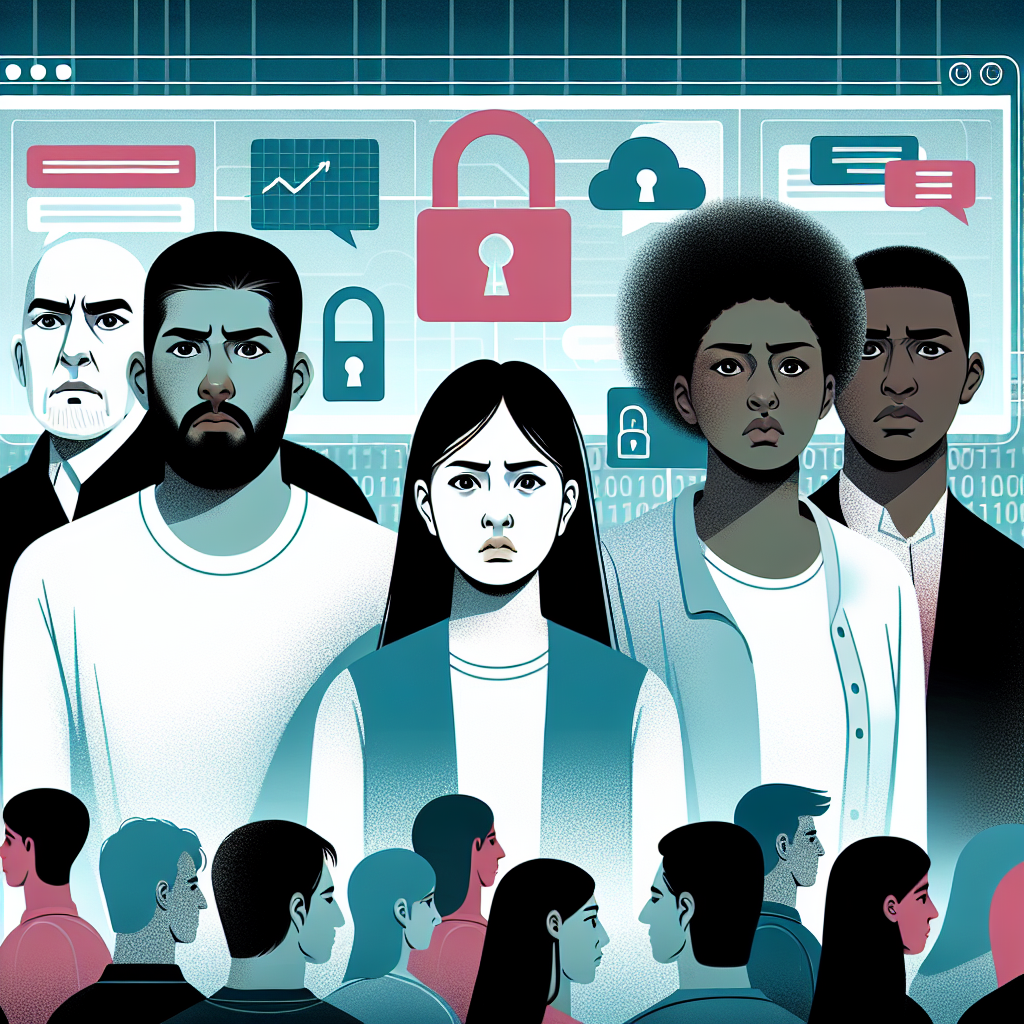The Ethics of AI: Balancing Progress with Privacy Concerns
In recent years, artificial intelligence (AI) has surged to the forefront of technological innovation, heralding advancements capable of revolutionizing industries, enhancing societal functions, and improving quality of life. From healthcare to finance, education to entertainment, the transformative power of AI is undeniable. Yet, as we enthusiastically embrace machine learning, natural language processing, robotics, and other AI-driven technologies, we find ourselves grappling with a fundamental ethical conundrum: How do we balance the unprecedented progress AI offers with the privacy concerns it inevitably raises?
The promise of AI is vast. Algorithms can sift through enormous datasets faster and more accurately than humanly possible, unveiling patterns and offering insights that drive efficiency and innovation. In medicine, AI can predict disease outbreaks, personalize treatments, and expedite drug discoveries. In urban planning, it optimizes resource usage and improves sustainable practices. However, such capabilities often rely on access to vast quantities of personal data, raising significant concerns about privacy and consent.
The Dual-Edged Sword of AI
AI systems are primarily powered by data. The more data we provide, the smarter and more accurate these systems become. However, this dependency on data translates into a pressing need to collect and analyze sensitive information, from personal health records and financial transactions to social media activity and location tracking. Consequently, privacy concerns emerge from several dimensions:
-
Data Collection: AI’s effectiveness is contingent upon high-quality, often sensitive, personal data. The indiscriminate collection and storage of this information raise the possibility of misuse, unauthorized access, and data breaches.
-
Consent and Transparency: Users are frequently unaware of how their data is collected, used, and shared. Even when consent is obtained, the complexity and length of terms and conditions can obscure true user comprehension.
-
Surveillance and Autonomy: The ability of AI to monitor and predict human behavior threatens individual autonomy. For instance, AI-driven surveillance systems can track movements and activities, blurring the line between public safety and personal freedom.
- Bias and Discrimination: Since AI systems learn from existing datasets, they can inadvertently perpetuate and even exacerbate societal biases, leading to discriminatory outcomes that infringe on personal rights.
Towards Ethical AI: Balancing Act
Addressing privacy concerns while maintaining AI’s potential for progress requires a multi-faceted approach:
1. Legislation and Regulation: Governments worldwide are recognizing the need to implement comprehensive data protection regulations. Legislation such as the General Data Protection Regulation (GDPR) in the European Union sets a precedent for protecting individuals’ data privacy. Tailoring such frameworks to address AI-specific challenges is crucial.
2. Privacy by Design: Embedding privacy considerations into the design and development of AI systems can mitigate potential harms. This involves creating algorithms that minimize data usage, promote anonymization, and ensure secure data handling practices.
3. Transparency and Accountability: Companies and developers must commit to transparency, providing clear information about AI operations and data use. They must also remain accountable, establishing mechanisms for oversight and redress in cases of misuse.
4. Public Engagement and Education: Increasing public awareness and understanding of AI technologies is essential. Empowering individuals with knowledge about their rights and the implications of AI can foster an informed society capable of advocating for ethical practices.
5. Inclusive AI Development: Ensuring diverse representation in AI development teams can help mitigate bias and promote fair AI systems. This inclusivity should extend to the sociopolitical contexts in which AI is deployed.
Conclusion
The journey towards ethical AI is a delicate balancing act, where the pursuit of innovation must never eclipse the fundamental rights to privacy and autonomy. As stakeholders—governments, tech companies, academia, and civil society—we bear the collective responsibility of steering AI development in a direction that respects individual freedoms while unlocking societal benefits.
By fostering a robust ethical framework, we can navigate this nuanced landscape, harnessing AI’s transformative power to build a future where technological progress and privacy go hand in hand. This ongoing dialogue is not just about the technology; it’s about shaping a world that values human dignity and ethics at its core.














Leave feedback about this
You must be logged in to post a comment.